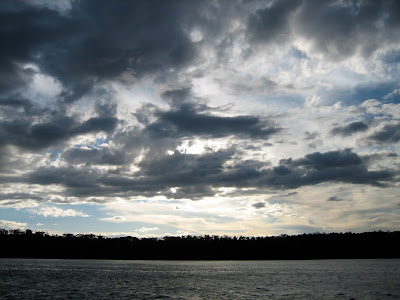The virtue of Curiosity and the seven minutes of terror
As a socially-awkward young lad, I grew up reading more than a little sci-fi. For many years, stories of the real life exploits of astronauts just didn't cut it in comparison to the realm of the imagination. Yet as I've come to appreciate a little more of just how complex, demanding and risky working in space actually is, so my respect for rocket science has grown. It is indeed rocket science, after all.
At the same time, I've become increasingly suspicious of pinning any of our hopes on the (for many) cherished dream of one day colonising other planets. Indeed, the two developments reinforce each other. Learning more of the challenges raises both admiration regarding what has been achieved and the barriers to the Star Trek interstellar techno-utopian dream. Not only are interstellar distances staggeringly large, but the technical challenges at every stage are enormous. This video gives a sense of the many difficulties involved in just one step in an operation to get an unmanned rover to our second-nearest planet, a project we've been working on for forty-odd years (with many failures and some stunning success).
I don't begrudge the space programmes their funding. I think Curiosity is a great name for this project; curiosity and wonder are at the heart of knowledge's raison d'être and learning about the cosmos needs no further justification. Furthermore, even from a purely instrumental perspective, NASA's work with satellites looking back at our own planet has been one of the vital ingredients helping us raise our sights from local to global impacts as we've sought to grasp the scale and pace of changes wrought by human activities. So I will be holding my breath in the early hours of 5th August waiting for news of a successful landing (ok, maybe I'll be asleep, but holding my breath in spirit). I too am curious.
But as we seek to understand more about the worlds beyond our world, let's not get carried away by unlikely dreams. Those other wonders of astronomical investigation, telescopes, may have been revealing a growing list of earth-like planets throughout our galaxy over the last few years. Yet the nearest of these, Gliese 581g is still something like 192 trillion km away. At that distance, the fastest space craft we have yet built would take a mere 87,000 years or so to reach it.
For some, the idea of interstellar travel is an inspiring long term goal. In principle, I have no particular problem with this. Yet I get the impression that as the magnitude and proximity of our various ecological threats becomes increasingly apparent to more people, so the dream of escaping from here to start a new life elsewhere has grown. In this form, as potential salvation from our self-inflicted termination, the idea of colonising exo-planets is an illusory psychological defence mechanism, a dangerous distraction from the task of caring for our neighbours and preserving what we can of a habitable world. Yes, perhaps with some currently unimaginable silver-bullet technical breakthrough perhaps we'll be jetting off at significant fractions of the speed of light at some stage. But let us acknowledge that as a way of keeping (a tiny fragment of) the human race alive in a cosmic insurance policy, it is, quite literally, the longest of long shots.
We look to the stars, but our feet remain on the only planet we can realistically inhabit in the timeframes relevant to our self-destructive trajectory.


















